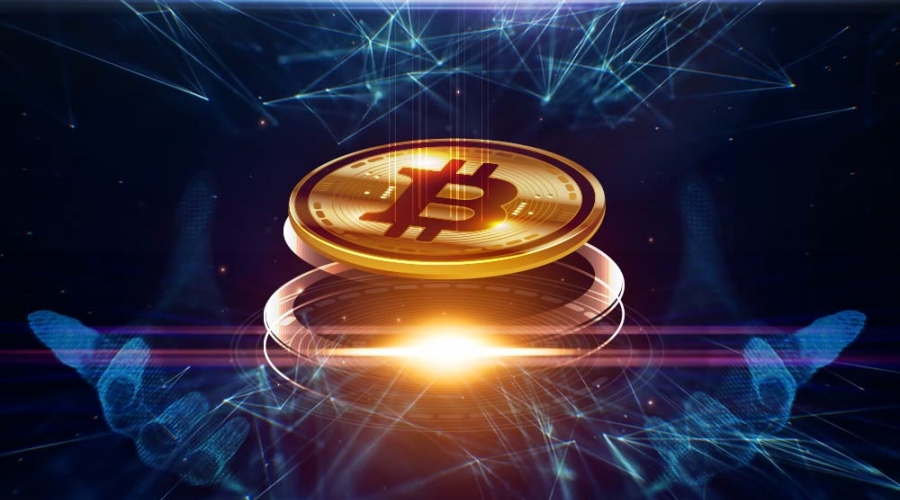The dark web has long captivated the imagination of many, often depicted as a shadowy realm filled with illegal activities and hidden truths. Within this unindexed part of the online world lies an engaging marketplace that functions outside the reach of traditional law enforcement, where a wide array of things from common goods to highly illegal services can be discovered behind a curtain of anonymity. As interest in dark web commerce increases, so does the interest about the mechanisms that drive these ecosystems and the implications they have on society.
Exploring the world of darknet markets reveals a intricate ecosystem fueled by a myriad of factors, including the search for confidentiality, the yearning for non-conventional goods, and the allure of transgressing social taboos. While many are drawn to these platforms for ill-intentioned purposes, others seek out the unique products and services that traditional online shopping cannot provide. Grasping the dynamics of darkweb markets is essential not only for comprehending the darker aspects of online trade but also for understanding the changing landscape of internet shopping in the 21st century. spintax

### Comprehending the Underbelly of the Internet
The hidden web represents a obscured part of the internet that is not indexed by conventional search engines. It operates on secondary networks that require particular software, settings, or access credentials to get to. The most prevalent way to explore the dark web is through Tor, which anonymizes user activity by directing internet traffic through a series of community-operated servers. This level of secrecy attracts a wide range of users, from those seeking discretion to individuals involved in unlawful activities.
Underground markets are a key component of the dark web, functioning as online platforms where items and services, often forbidden, are bought and sold. These markets offer a wide range of products, including drugs, counterfeit products, and hacking services. The exchanges on these platforms typically employ cryptocurrencies to enhance anonymity, making it hard for authorities to trace the shoppers and merchants involved. This context fosters a singular economy that exists outside conventional regulations.
Grasping the driving forces behind the use of dark web markets is crucial. While many users are lured to the promise of discretion and the capacity to escape censorship, others may be pushed by inquisitiveness or the yearning to participate in dangerous behavior. darknet markets 2025 The allure of disguised commerce can result in a intricate web of interactions that thrive far from the regulation of law enforcement and social norms, making it a intriguing yet alarming area of study.

The Economy of the Darknet
The darknet is an complex economy that operates largely beyond traditional financial systems. This secretive market thrives on anonymity and is driven by various demand and supply dynamics. Digital currencies, especially Bitcoin, serve as the main medium of exchange, providing the necessary confidentiality for transactions. This system attracts buyers and sellers who seek to bypass regulatory oversight and engage in activities often deemed unlawful in the conventional marketplace.
Within this secret economy, a variety of goods and services can be found, from illicit drugs and counterfeit goods to hacking services and stolen data. The functioning of darkweb markets involves a multi-layered approach to ensure security and secrecy for all involved parties. Vendors often use escrow services to protect transactions from fraud, while buyers rely on reviews and ratings to gauge the credibility of sellers. This system creates a unique environment where trust is built through digital reputation rather than traditional means.
The economic environment of the darknet has significant implications for global commerce and law enforcement. Authorities struggle to regulate these markets due to their dispersed nature and the sophisticated methods employed by users to obscure their identities. As darkweb markets continue to evolve, they raise ongoing questions about the future of digital trade, the balance between privacy and security, and the persistent challenge of curbing illicit activities online.
Dangers and Principles of Hidden Web Exchanges
Engaging in exchanges on the hidden web raises notable threats for individuals. One of the key issues is the potential for scams and deceptions. Many marketplaces have little regulation, resulting in scenarios where buyers may risk losing their money without getting the promised goods or assistance. Additionally, the anonymity of the hidden web can encourage harmful actors to manipulate consumers, making it essential for individuals to act with caution and perform comprehensive analysis before making any transactions.
Aside from financial concerns, there are legal consequences associated with hidden web trade. Many goods and services sold on these sites are forbidden, covering everything from drugs to illegally obtained data. Acquiring or even viewing certain items can expose consumers to law enforcement investigation or potential penal charges. It is crucial for users to comprehend the regulations in their area and to be aware of the outcomes of engaging with dark web markets.
Ethically, the underground presents a complex environment. Although some believe it serves a space for free speech and access to data in oppressive countries, the dominant presence of illicit conduct challenges its perception. Transactions that contribute to injury, be it through narcotic distribution or the distribution of illegal goods, test the values of individuals. Traversing this moral terrain demands a profound examination on the consequences of one's choices and their wider impact on the public.
